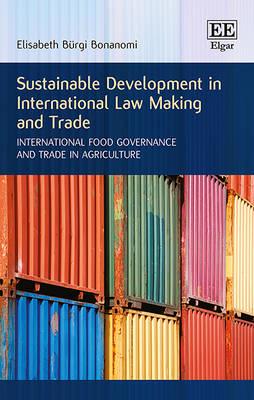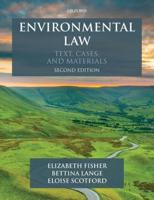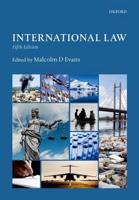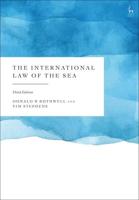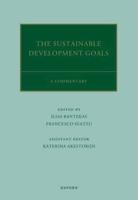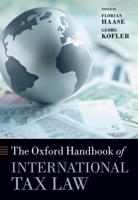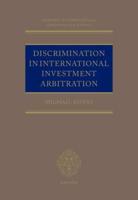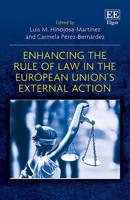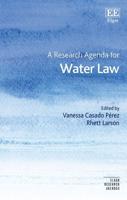Publisher's Synopsis
The concept of sustainable development has become a fundamental discourse in international decision making. To enable pragmatic sustainable development governance, legally coherent, mutually supportive multilateral treaties are both necessary and important. This timely book provides an accessible insight into how the concept of sustainable development can be made operational for coherent law making through its translation into legal terms.
The book is split into two informative points of inquiry. The first part of the book explores the origins of the sustainable development debate and sheds light on how the international community has inadequately operationalized the concept to utilize its full potential. In this view, Elisabeth Bürgi Bonanomi illustrates how sustainable development can facilitate coherent international law making when it is understood as a multidimensional legal principle and methodical norm. The second part of the book adopts this notion as an analytical lens on the WTO Agreement on Agriculture, placing the focus specifically on food security and food sustainability. The overarching discussion contributes to one of the most intricate debates of international food governance and investigates the unresolved question of what a sustainable and coherent agricultural trade agreement could look like.
Providing a comprehensive overview of sustainable development law, its origins, and its current theories, scholars and students with a background in international public law, trade, and investment law, development and human rights law, international relations, and environmental policy will find this book a valuable reference tool. Practitioners and policy-makers will benefit from the insight into the search for politically coherent and sustainable legal agreements.
